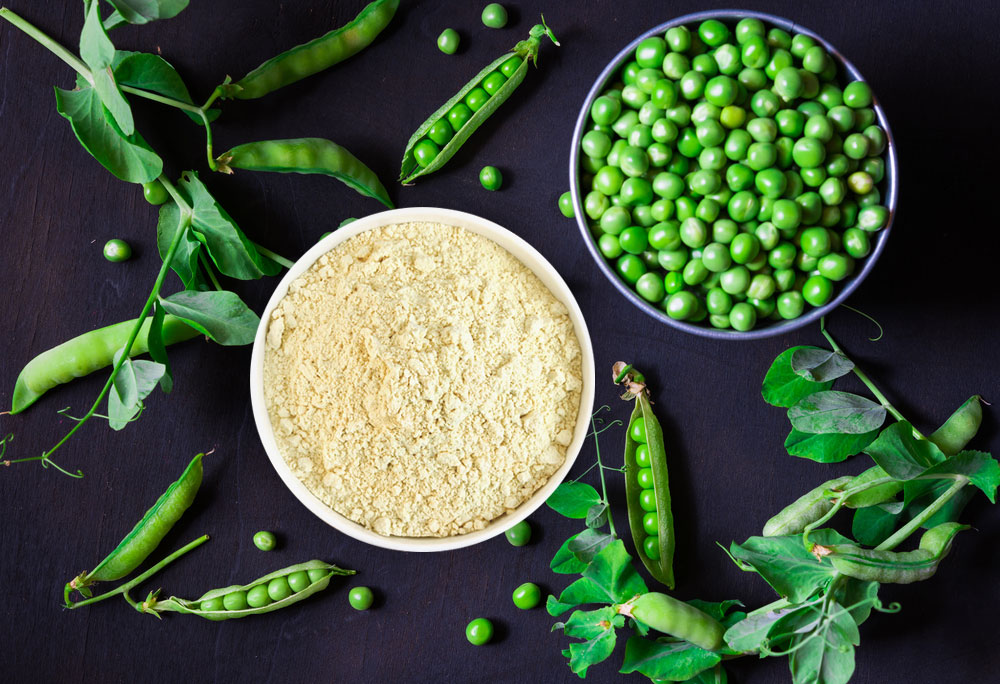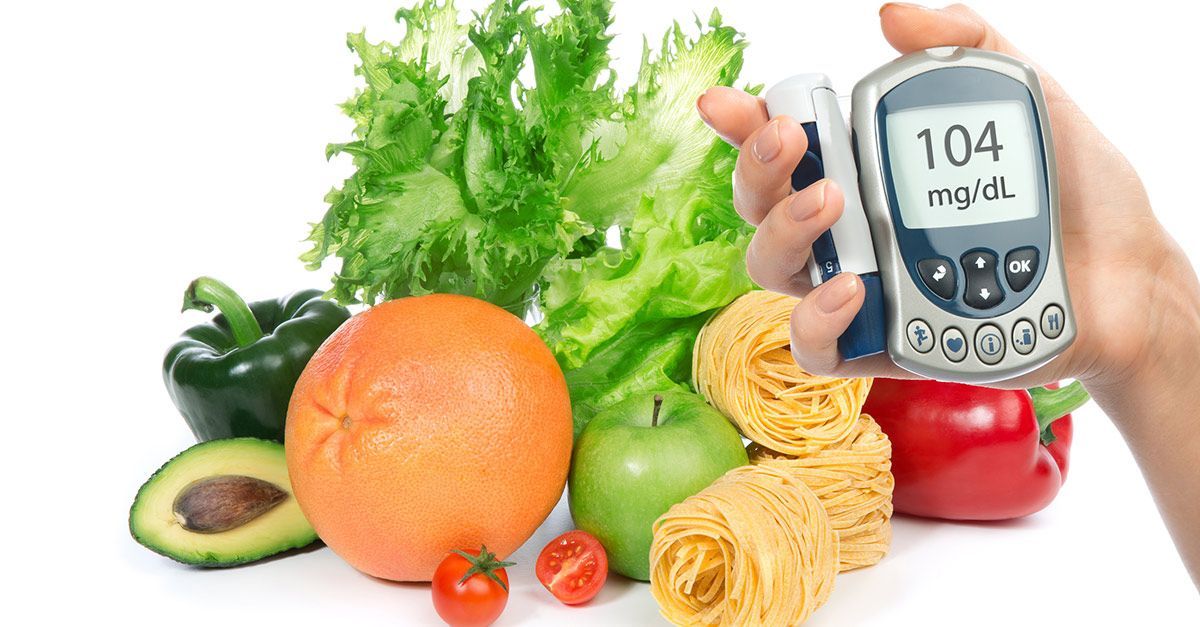Pea protein is gaining immense popularity as a viable plant-based protein alternative. With its balanced amino acid profile and numerous health benefits, pea protein is emerging as the complete protein source for vegetarians, vegans, and health-conscious individuals alike. Let’s take a deeper look at pea protein and understand why it has become a popular choice.
What is Pea Protein?
Pea protein is extracted from yellow peas through a process called fractionation. Yellow peas, also known as garden peas or field peas, are low in fat and calories but rich in protein and fiber. Through fractionation, the protein from yellow peas is isolated while removing the carbohydrates, fiber, and minerals.
The resulting Pea Protein powder is a highly concentrated source of protein with over 80-90% of its composition being protein. Pea protein powder has a pleasant, subtle flavor that lends itself well to smoothies, baked goods, and protein bars. Pea protein isolates have over 90% protein content and are the most refined variety of pea protein powders.
Nutritional Composition of Pea Protein
Pea protein offers a variety of essential nutrients that promote health and well-being:
– Protein: One serving of pea protein contains around 20-25 grams of high-quality protein.
– Amino Acids: Pea protein contains all nine essential amino acids needed by the body. It has a well-balanced amino acid profile comparable to meat, milk, and soy proteins.
– Fiber: Pea protein powders retain some soluble and insoluble fiber content from yellow peas. Fiber aids digestion and gut health.
– Iron: Pea protein contributes iron which is important for transporting oxygen in the blood and tissue.
– Vitamins and Minerals: Vitamins like vitamin K, folate, thiamin (B1) and minerals like copper, manganese, phosphorus are present in small amounts.
So in summary, pea protein has an excellent nutritional profile providing essential amino acids, fiber, iron and several other micronutrients required by the body.
The Benefits of Pea Protein
The nutritional composition of pea protein translates to impressive health benefits:
Muscle Growth and Recovery: Pea protein promotes muscle protein synthesis due to its high biological value comparable to animal proteins. It aids in muscle recovery after exercise.
Heart Health: Pea protein reduces LDL (bad) cholesterol and blood pressure, lowering the risk of heart disease. Its soluble fiber content also helps manage blood lipid levels.
Weight Management: Due to its high protein and fiber content, pea protein keeps you feeling full and satisfied for longer. This aids weight loss and maintenance efforts.
Gut Health: The soluble fiber in pea protein feeds the beneficial gut bacteria, promoting bowel regularity and a healthy digestive system.
Diabetes Control: Pea protein may help regulate blood sugar levels, making it useful for diabetes management. Its low glycemic impact also helps with hunger control.
Bone Health: Pea protein provides bone-building vitamins and minerals like phosphorus, copper and manganese. Adequate protein is also important for bone mineral density and strength.
Skin and Hair Health: Protein is the building block for skin, nails, and hair. Pea protein promotes skin elasticity, stronger nails and healthier looking hair.
The nutrients and bioactive compounds in pea protein result in a wide array of impressive health perks across various body systems. No wonder it is considered a complete plant-based protein!
Pea Protein for Athletes
With a similar amino acid profile to whey protein, pea protein is rapidly gaining popularity among health-conscious athletes and bodybuilders for its muscle-building properties:
Post-Workout Protein: Along with carbohydrates, consuming pea protein after workouts helps repair and build muscle fibers. This supports muscle growth and recovery.
Workout Fuel: Blending pea protein into smoothies or overnight oats provides sustained energy and stamina during long workout sessions. The balanced amino acids also enhance exercise performance.
Muscle-Retention: Pea protein supports muscle protein synthesis to retain muscle mass during a calorie-restricted diet or increased activity levels. It complements strength training or bodybuilding programs.
Vegan Bodybuilding: For vegan bodybuilders and athletes, pea protein represents a viable plant-based alternative to whey or egg protein powders. It helps them achieve their fitness and physique goals through a vegan diet.
Overall, pea protein presents a safe, nutritious, and convenient option to support athletic performance goals through muscle gain, recovery, endurance and retention of lean muscle mass.
What to Look for in Pea Protein Powder
With the rising popularity of pea protein, the market is flooded with various brands and types. It is best to choose premium quality pea protein powder checking for certain criteria:
– Protein Content: Opt for pea protein powders with at least 80% protein content and low fat, carbohydrate and sugar.
– Refinement Process: Isolates are highly refined with over 90% protein, but concentrates retain more nutrients at 80-90% protein.
-Additives: Select simple formulations without unwanted additives like artificial sweeteners, flavors or preservatives.
-Flavor: Unflavored or naturally flavored pea proteins allow for customization in smoothies. Avoid artificially flavored types.
-Non-GMO: Look for pea proteins sourced from non-GMO yellow peas for purity and digestive tolerance.
-Certifications: Reputable brands adhere to certifications like Non-GMO Project Verified, Clean Label Project, vegan etc.
-Reviews: Check customer reviews and recommendations before deciding. Popular brands ensure consistency in quality.
Pea protein has emerged as a leading plant-based protein powder to satisfy fitness and health goals through its comparable amino acid profile and numerous benefits. Its balanced nutrition, ease of use and digestive tolerability make pea protein a complete protein choice for vegetarians, vegans and the health-conscious. With astute brand selection, pea protein can deliver an eco-friendly alternative to whey and help optimize overall wellness.
*Note:
1. Source: Coherent Market Insights, Public sources, Desk research
2. We have leveraged AI tools to mine information and compile it
About Author - Ravina Pandya
Ravina Pandya,a content writer, has a strong foothold in the market research industry. She specializes in writing well-researched articles from different industries, including food and beverages, information and technology, healthcare, chemicals and materials, etc. With an MBA in E-commerce, she has expertise in SEO-optimized content that resonates with industry professionals. LinkedIn Profile

 by
by 


